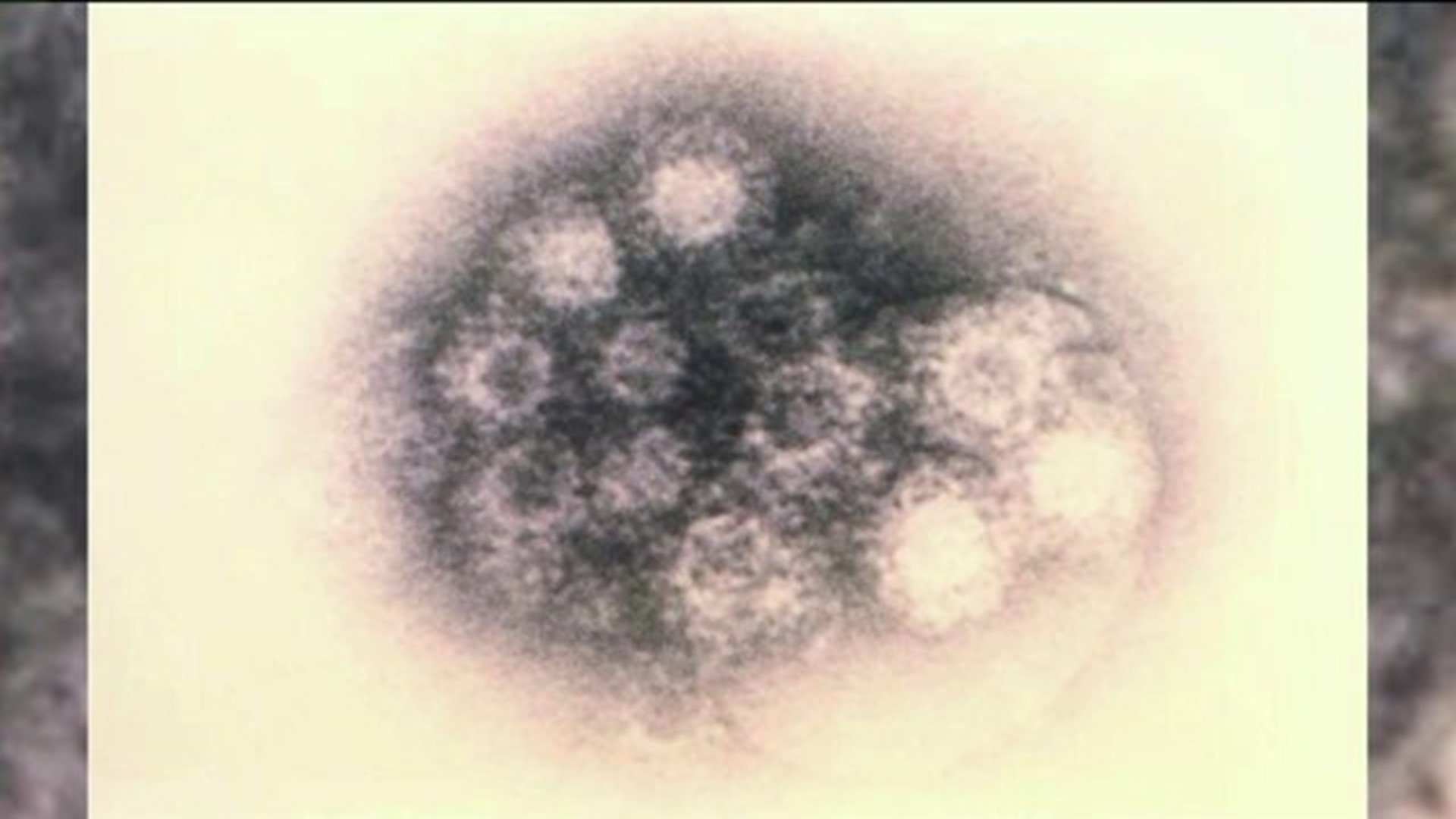By now you've likely heard the term "enterovirus." That's the name of a family of viruses, typically seen this time of year. But one in particular, enterovirus 68, is proving to be a frightening and fast-moving condition, mostly seen in children.
Scientists aren't really sure why enterovirus 68 has popped up now.
"It's not a frequent flyer. We don't see it very often. The last time was 40 or 50 years ago," said Dr. Michael Ryan. He is a pediatric infectious disease specialist, and Chairman of Pediatrics for Geisinger Health System. He says there are confirmed cases of enterovirus 68 in the Philadelphia area. So far no confirmed cases in Northeastern and Central PA that he knows of, but he admits hospital staff is suspicious.
"We have had a steady stream of admissions of children requiring oxygen, requiring ventilation, requiring a lot of support," Dr. Ryan said. "We're sending specimens almost on a daily basis to the state department and the CDC to try and get this identified, to see what it is."
Enterovirus 68 starts out looking like a common cold: fever, runny nose, sneezing, coughing and body aches. But instead of clearing up, it rapidly gets worse, causing difficulty breathing and wheezing, often requiring the help of a doctor or an emergency room visit. Children who already have asthma or other preexisting breathing conditions are most susceptible to having trouble.
There is no vaccine for enterovirus 68, but the easiest thing parents can do to prevent it is to encourage proper and regular hand washing to stop the spread of the illness. But remember this: Dr. Ryan says with the school year just beginning and germs once gain making their rounds, if your kid gets the sniffles, don't jump to conclusions.
"Your child probably has a cold. It's probably not enterovirus 68," he noted.
Also remember that enteroviruses in general are summertime illnesses, and doctors hope as the weather gets colder, enterovirus 68 will disappear on its own.

